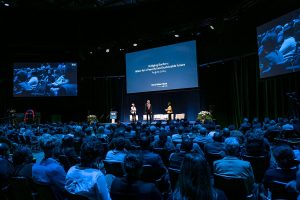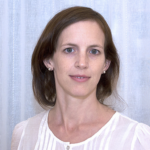- SIWI – Leading expert in water governance
- /
- Latest
- /
- Highlights from World Water Week 2019
Highlights from World Water Week 2019
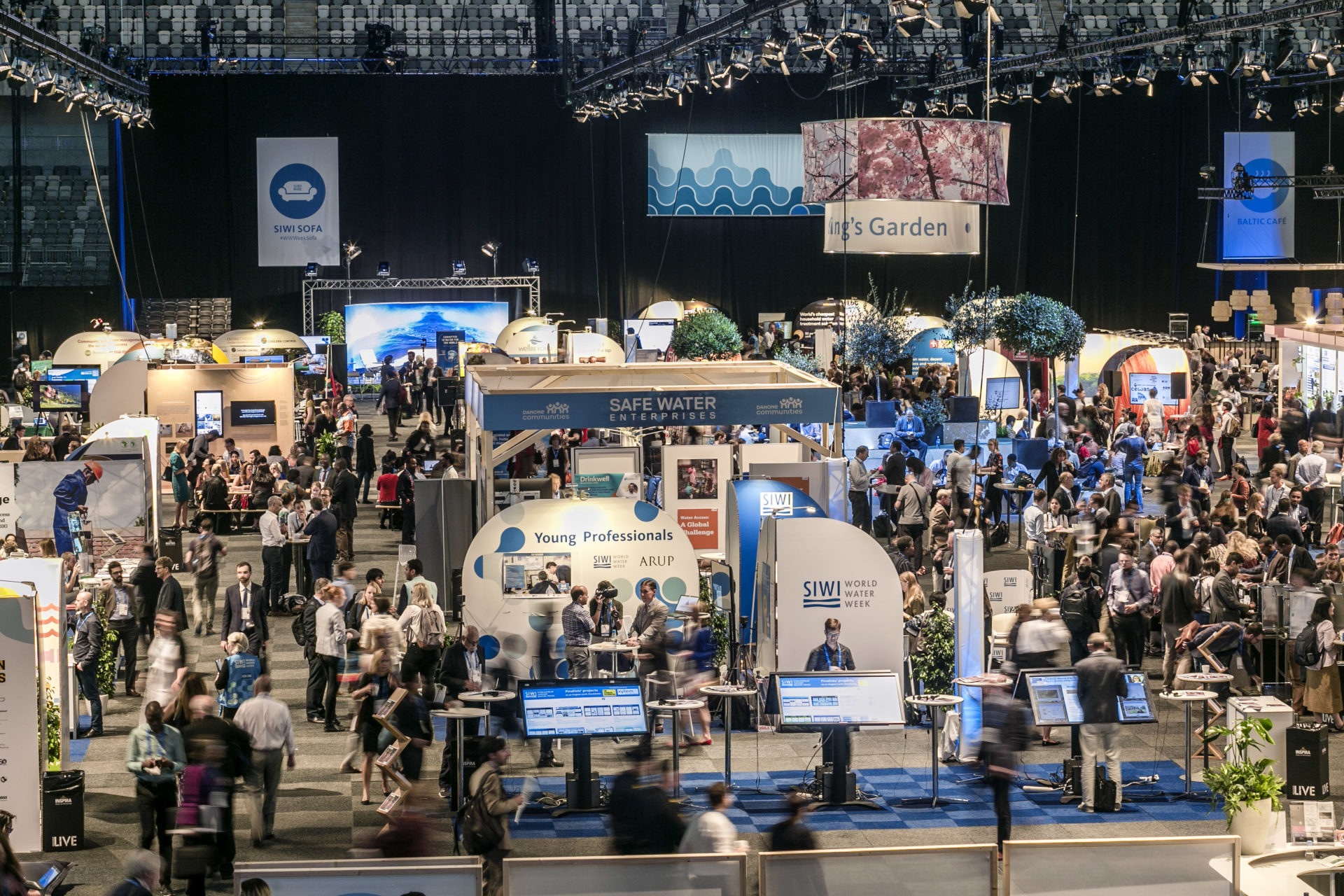
World water Week (WWW) is the largest global annual event on water issues. Focusing on the world’s most pressing water related challenges, it aims to encourage discussion, cooperation, knowledge development, and foster new thinking between experts, practitioners, decision-makers, business innovators and young professionals.
In 2019, it gathered more than 4 000 participants from 138 countries, representing almost 1 200 organisations.
The theme of the 2019 WWW – Water for society; including all focused on inclusiveness in its full sense. The emphasis was on the fact that humanity’s major challenges are interlinked and can only be solved through broad solutions, including marginalized groups. UNDP-SIWI Water Governance Facility (WGF) participated in and organised a number of events.
Events hosted by UNDP-SIWI Water Governance Facility
Experiences from Indigenous people’s networks in water management
Complementing with the Week’s theme for the year ‘Water for society – including all’, the objective of this session was to provide a platform for indigenous voices and sharing of experiences and efforts led by indigenous networks around water management. In particular, the challenges faced, and initiatives taken towards strengthening local systems and knowledge in water management and integrating them in policy and practice. Represented by three young indigenous women voices, experiences of indigenous networks from Asia, Latin America and the Caribbean, and South America were presented in the session.
Preventing plastics in our waters: more than banning straws
The Source-to-Sea Action Day at WWW began with this session during which the Marine Litter Prevention publication was launched. The session highlighted the fact that in order to address SDG14, most of the effort is required on the landward side of the equation, and this is where the source-to-sea approach holds much promise. Whilst coastal communities often bear the brunt of upstream plastic pollution, there are few platforms for engagement between coastal communities and river basin organizations or similar.
High-Level Panel on Bringing Together Oceans and Freshwater
The second event of the Source-to-Sea Action Day was the High-Level Panel on Bringing Together Oceans and Freshwater. A group of highly distinguished speakers outlined the need for taking a S2S approach. The session catalyzed a very rich discussion by panelists, of which following points were highlights: Source-to-Sea is about bringing together people from different sectors and helping them to compare notes as it is important to bring together SDG6 and SDG14. To date, ocean and freshwater people do not speak the same language, and Source-to-Sea represents an important common language. Panelists also noted the need to incorporate global perspectives into the Source-to-Sea, working with both East and West for better implementation and learning.
Source-to-sea management: getting it on the ground
The Source-to-Sea Action day concluded with “Source-to-sea management: getting it on the ground”. This was a quick fire showcases that illustrated the many opportunities for which Source-to-Sea can be an organizing principle. Key points that arose included identifying benefits of source-to-sea management in addressing key global challenges and that there is real world experience that can be used to support development of guiding resources. It was also seen as important to focus on a specific flow or problem that goes from source to sea, and then use this to go broader into the approach. Most importantly, the session showed participants the usefulness and flexibility of the Source-to-Sea approach.
10 years of water governance work
This showcase presented experiences from the UNDP GoAL WaSH programme, which has been implemented in over 12 countries in support of water sector reform. Building on the GoAL WaSH modality a new mechanism was officially launched at this event; GoAL-Waters which continues to enable flexible and gap-filling support to advance national and sub-national water governance priorities. GoAL-Waters activities will contribute to more sustainable planning, allocation, use and protection of water, coastal and marine resources in cities, river basins, coastal and marine areas.
Towards inclusive water and sanitation –Integrating ecosystem and watershed management
This event explored how stronger integration between WASH, ecosystem and watershed management, incorporating rights-holder and duty-bearer perspectives, support more sustainable and resilient services, and multiple 2030 Agenda achievements for vulnerable populations. It showcased and discussed the need for greater integration between WASH, ecosystem and watershed management. A strong emphasis was put on how the poor and vulnerable populations, disproportionally impacted by ecosystem degradation, can benefit from more integrated planning, e.g. addressing gender and multiple poverty dimensions.
Water governance with and for all: Is it working?
The objective of the seminar was to discuss the design, development, and implementation of water governance arrangements across the globe, including the political, institutional, social, economic and administrative systems that are currently influencing water’s use and management. Drawing on experiences of both successful practices and failures, the seminar revealed critical messages around what works and what doesn’t, and how we can go about improving water governance arrangements in different contexts.
Most recent

SIWI Amman and UNICEF host Libya representatives for WASH exposure visit
- Water, Sanitation and Hygiene (WASH)
- Water governance

Water and land: Partners in climate mitigation
- Water in landscapes
- Wetlands
- Water governance

What is the role of water in rural and urban school facilities?
- Water, Sanitation and Hygiene (WASH)
- Water in landscapes
- Water governance
- Gender and water

Taking root: locally driven forest landscape restoration
- Water in landscapes
- Wetlands
- Groundwater
- Resilience through water

Join us on a journey through 2023
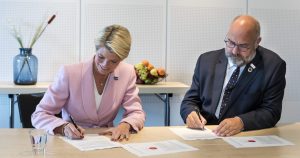
Arup and SIWI sign Öresund Agreement
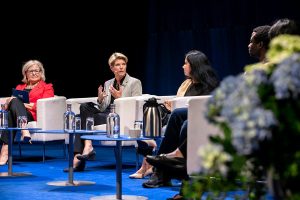
Reaping the benefits of cooperation
